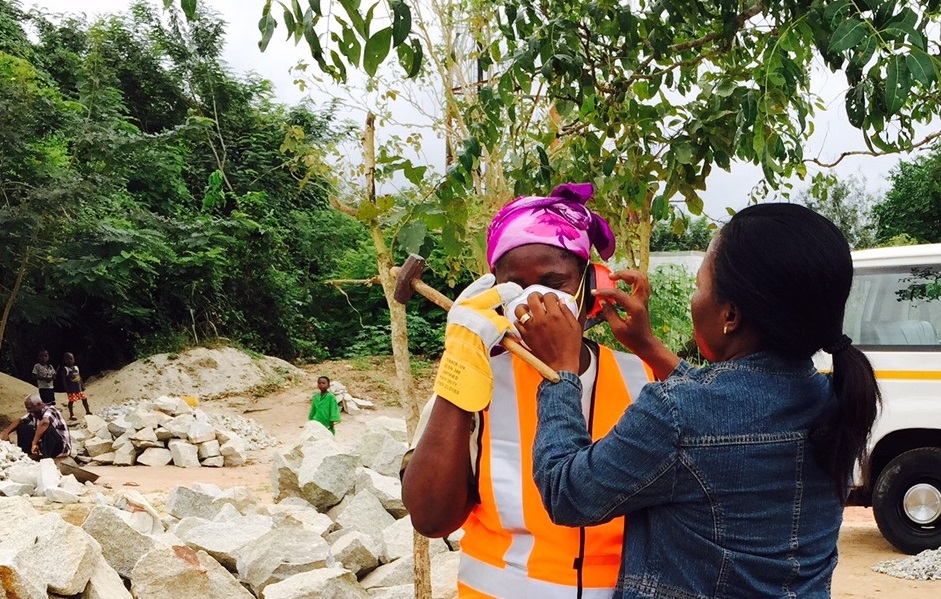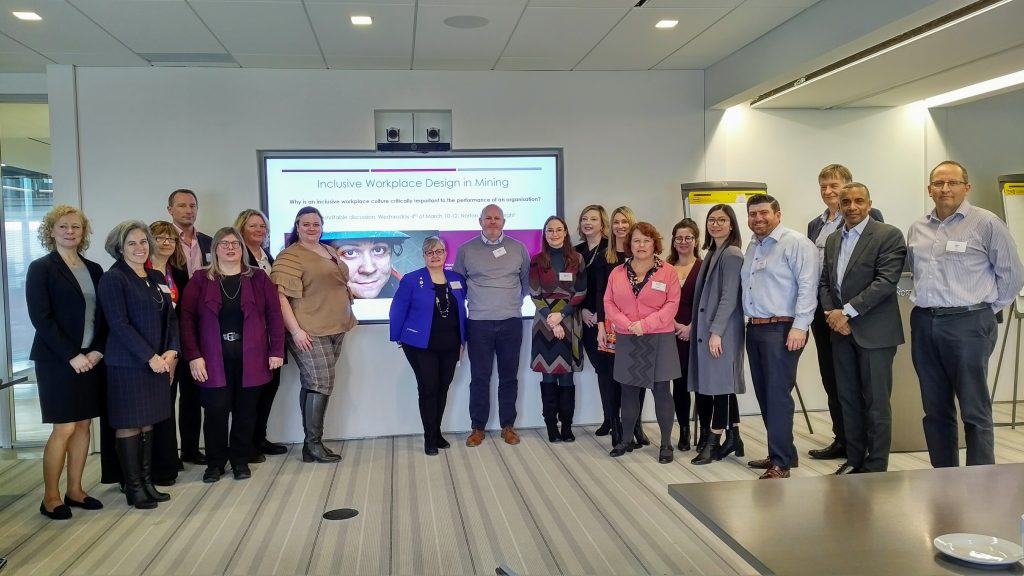In a context of increased hybrid workplaces, combined with the digital and automation revolution at mine sites and the increasing ESG expectations from stakeholders, the mining sector must focus on attraction, retention and development of talent; health, safety and wellbeing efforts; innovation and new technologies; as well as inclusion and better work management practices.
Inclusive Workplace Design refers to the process of creating and developing a workplace infrastructure and culture that provides workers with safe and inclusive work environments that are conducive to improved performance, wellbeing and belonging. An effective workplace design utilises a multidisciplinary approach.
Objectives
The Inclusive Workplace Design project was designed by IWiM as a multi-stakeholder initiative that aims to provide the industry with guidelines and frameworks through which organisations can ensure retention and inclusion of all its workers. Through the project’s deliverables and actions, IWiM will lead change towards a more inclusive and sustainable mining industry globally.
- To discuss innovative and practical ideas to improve workplace design that benefits everyone working in mining. How can we make mining inclusive and accessible regardless of gender, ethnicity & race, ability, sexual orientation, age, socio-economic background, religion and ability?
- Share best practice and practical solutions to achieve attraction to the sector, recruitment, retention and well-being of women and men working in mining
- Focus on action-orientated outcomes within businesses and organisations which, supported by key procurement processes, encourages individuals and organisations to challenge the status quo
- Provide further insights into the key themes of Inclusive Workplace Design
- Contribute to the development of a framework, guidance material or toolkit to assist organisations to implement their own Inclusive Workplace Design
Key themes of Inclusive Workplace Design:
- Safety and personal protective equipment (PPE)
- Changing rooms & toilets
- Menstruation, menopause, pregnancy, miscarriage and fertility, adoption, lactation
- Mental health and wellbeing
- Shift design, fly-in-fly-out (FIFO), remote work
- Parental leave & child care
- Office, mine, camp and plant physical infrastructure including access, lighting and security
- Neurodivergence and ability


